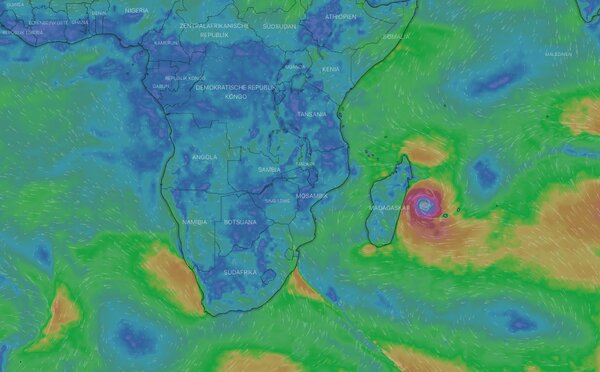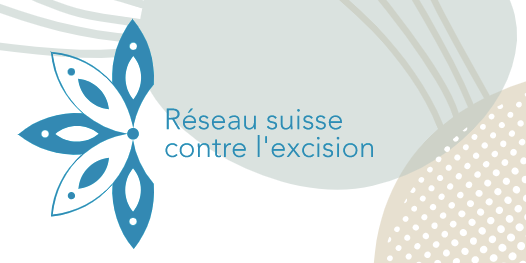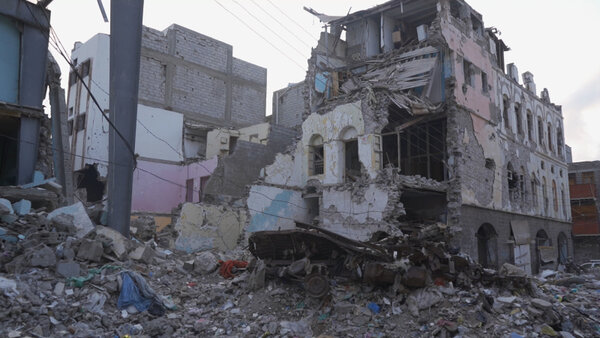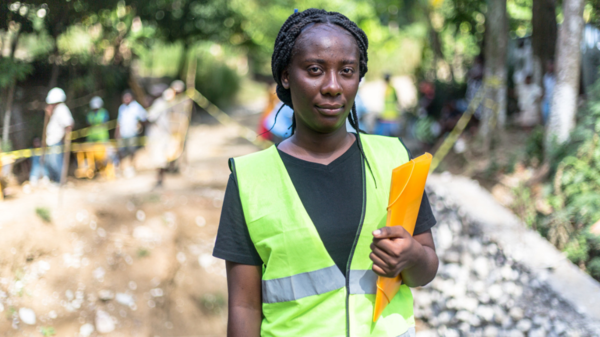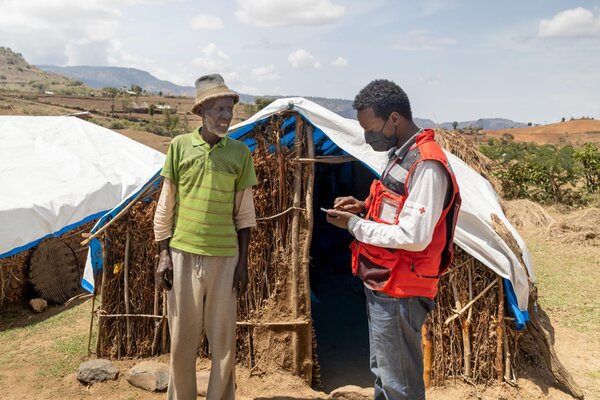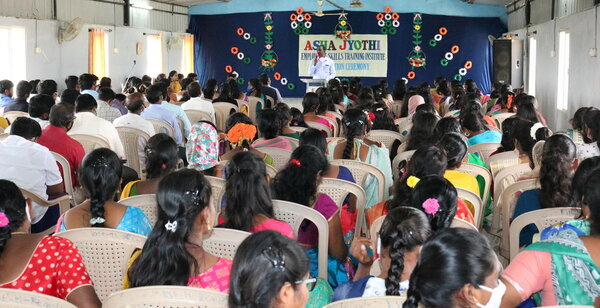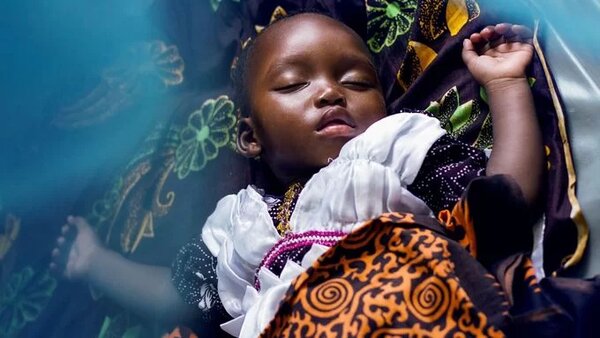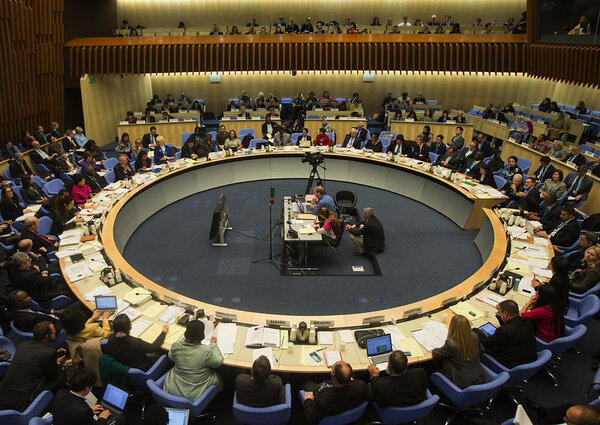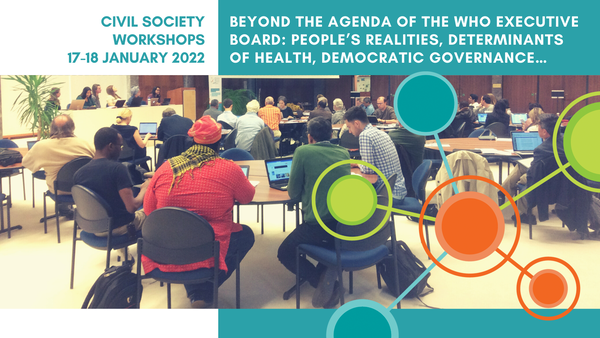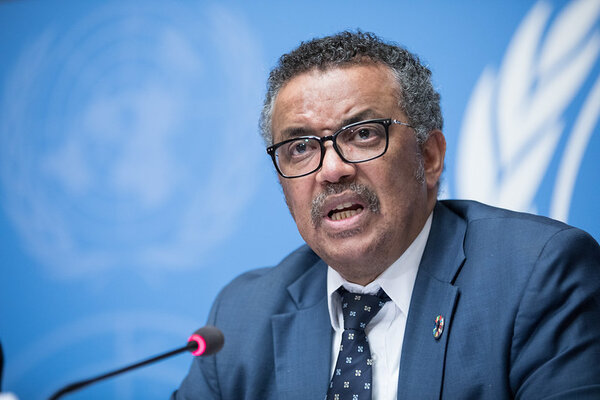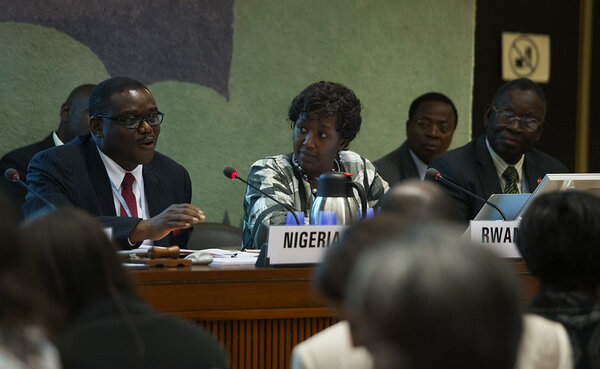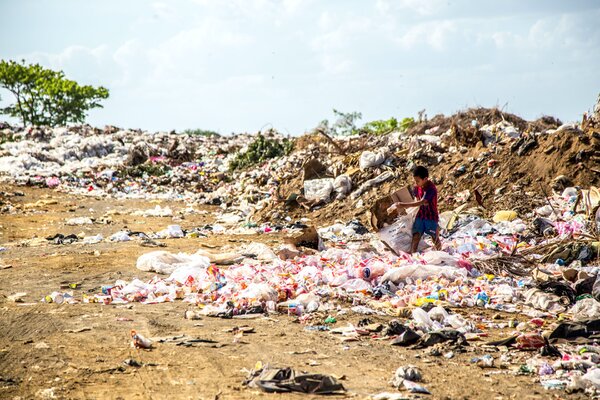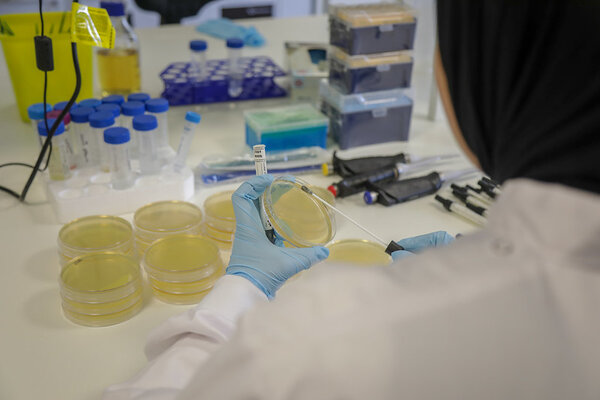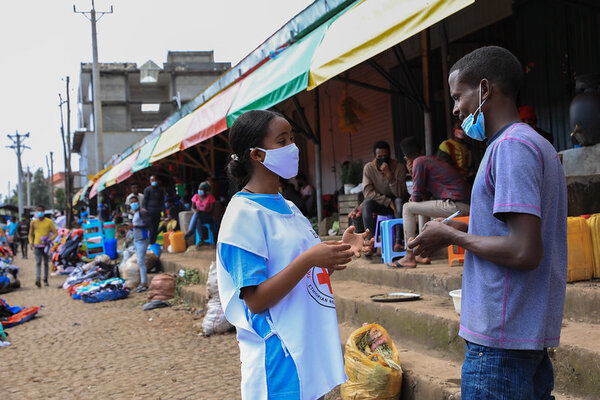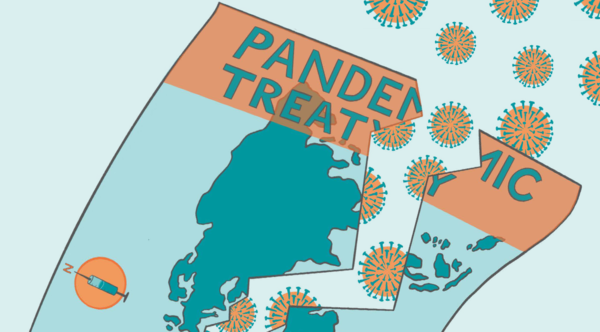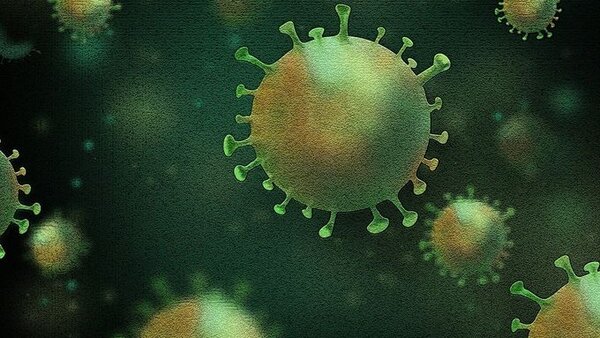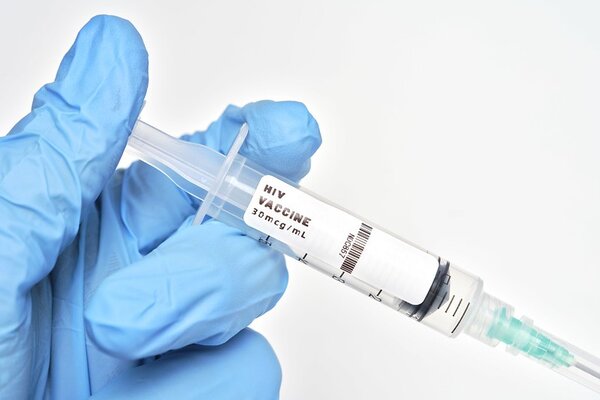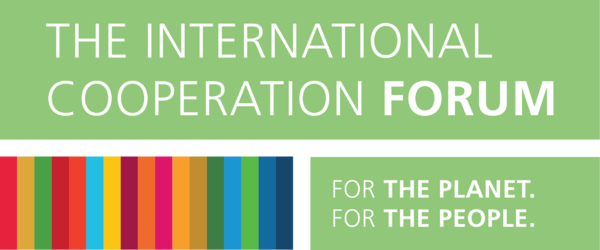Das Institute for Health Metrics and Evaluation der Universität Washington hat im September seine jährlichen Zahlen zur Global-Health-Finanzierung vorgelegt. Noch zeigen die Zahlen erst die Entwicklung bis Ende 2020 auf – doch da hinterlässt die Pandemie bereits deutliche Spuren, die sich zumindest teilweise bis 2022 fortsetzen könnten.
Pandemiebekämpfung mit neuem Geld
Nach Jahren der Stagnation bei knapp 40 Milliarden US-Dollar, die in den 10er Jahren jährlich global in die internationale Gesundheitszusammenarbeit (Development Assistance for Health) geflossen sind, sind diese Zahlen 2020 auf 54 Milliarden hochgeschnellt. Diese Zunahme hat ausschliesslich mit den Covid-19-Geldern zu tun. Während in die Bekämpfung von übertragbaren Krankheiten (ohne HIV, Malaria und Tuberkulose) in den Jahren zuvor rund 2 Milliarden pro Jahr geflossen sind, waren es 2020 nun 16 Milliarden. Damit wird auch deutlich, dass zumindest im ersten Jahr der Pandemie der gesundheitsbezogene Ressourcenbedarf nicht auf Kosten anderer Gesundheitsbereiche gegangen ist. Der Financing Global Health-Bericht schätzt, dass Covid-19-Gelder zu rund 90% mit neuem Geld finanziert worden sind, und die restlichen 10% aus bereits bestehenden Nothilfe Töpfen gekommen ist. (S. 46)
Weg von «weichen» Gesundheitsthemen?
Beruhigt können wir deswegen nicht sein: Einerseits fehlen hier Angaben, ob es zu Umschichtungen zuungunsten anderer, nicht direkt mit Gesundheit verbundenen Bereichen, etwa der Bildung, gekommen ist – was auch wieder negative Folgen für die Gesundheit hätte. Andererseits kann es sein, dass es beim Zurückfahren der Pandemiebekämpfungsfinanzierung durchaus zu Umschichtungen zu Lasten anderer Gesundheitsbereiche – etwa der sexuellen und reproduktiven Gesundheit und Rechte – kommen kann. Angesichts eines Diskurses, der als Folge der Pandemie die globale Gesundheit immer stärker rund um den Komplex der Sicherheit strukturiert, sind solche Bewegungen weg von vermeintlich «weichen» Gesundheitsthemen durchaus denkbar.
Beobachtet man die Zahlen über einen längeren Zeitraum fällt noch etwas Weiteres auf: Die globalen Investitionen in Gesundheitssystemstärkung dümpeln seit Jahren auf dem gleich tiefen Niveau, bei rund 5 Milliarden US-Dollar. Sollen Pandemien in Zukunft verhindert werden, muss die internationale Gemeinschaft dem unbedingt mehr Aufmerksamkeit schenken.
Martin Leschhorn Strebel
Netzwerk Medicus Mundi Schweiz
E-Mail



